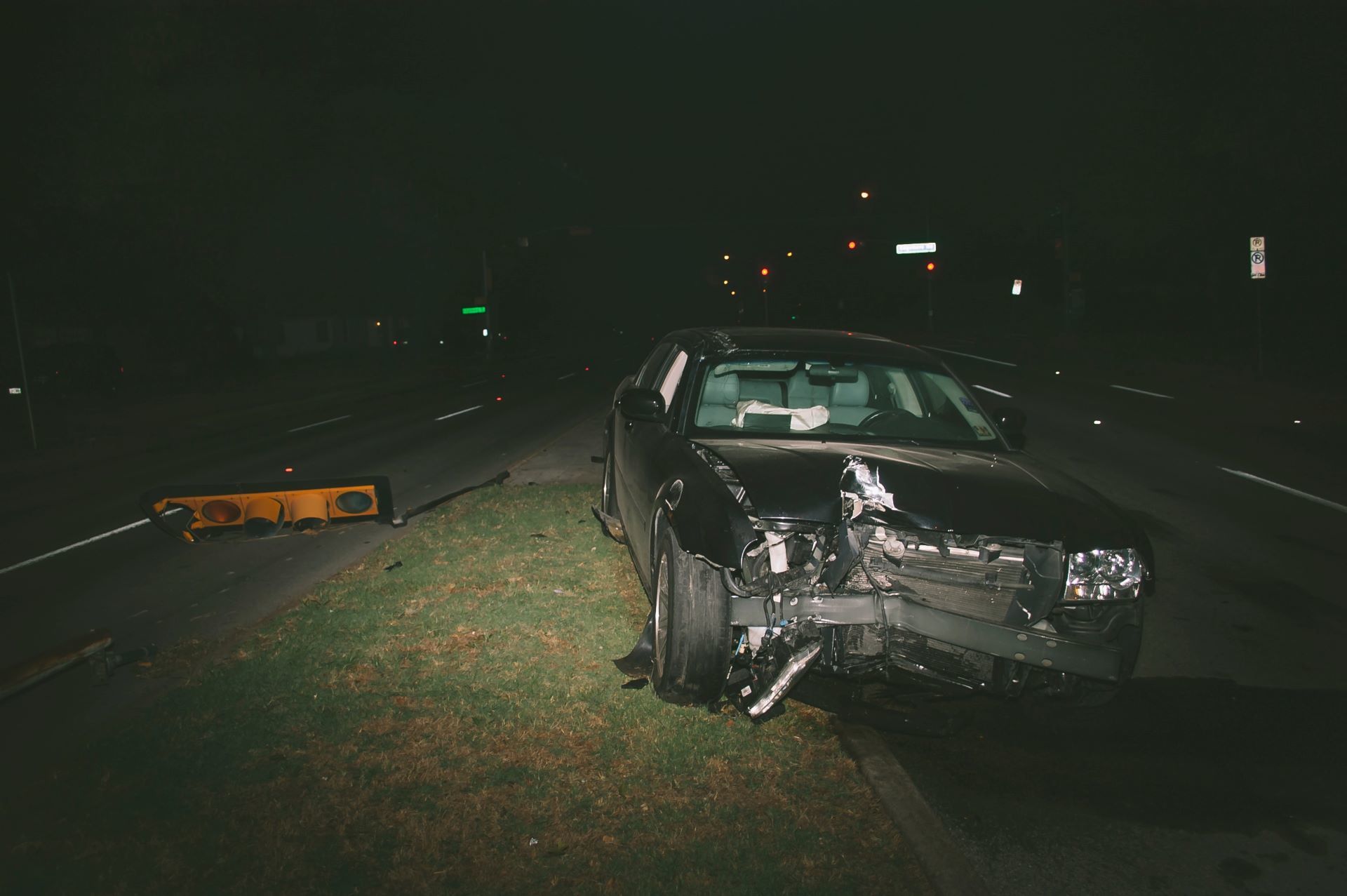If you, or the owner of the car, have not paid for any type of car insurance, you are uninsured. This means, if you cause a car accident, you will be responsible for repairs to your car and the other cars involved in the accident.
If you have third-party liability car insurance, this means your insurer will pay for the repairs to the other cars involved in the accident (minus an excess). However, you are not insured for any damage to your own car.
